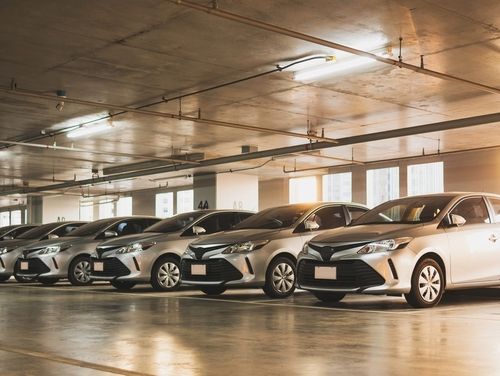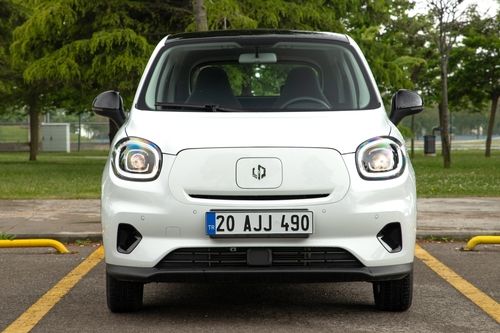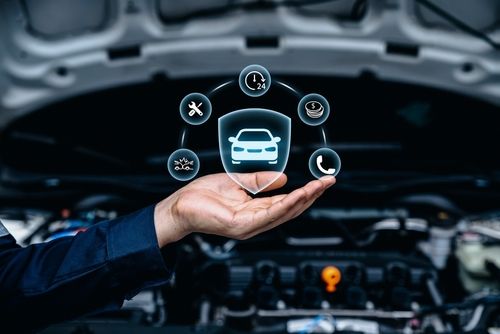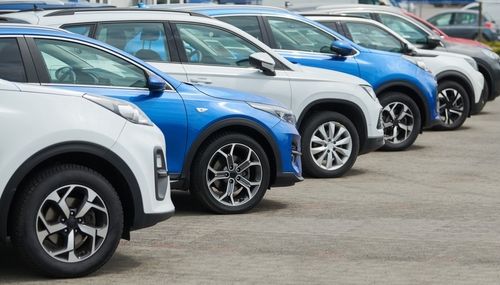The Ultimate Guide to Electric Car Insurance in India
Written by Upstox Desk
Published on July 21, 2025 | 5 min read
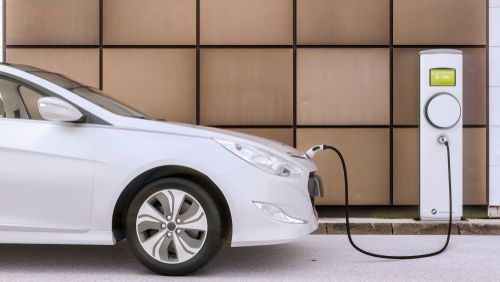
Arun is a 42-year-old engineer who has seen the transformation of the world around him. From audio cassettes to Spotify, Arun has seen it all and is a part of the ‘Kodak Moment’ phenomenon. He has always readily adopted the latest technologies and has frequently advocated for them to his friends and family. However, when the EVs came into the forefront, Arun was, for the first time, sceptical about their adoption.
He has numerous questions about their range, maintenance, battery life, spare parts, service networks, charging station infrastructure, costs, subsidies, environmental impact, and, most importantly, how insurance would work for such vehicles. As EV technology continues to evolve, he wonders how insurance companies will process claims, what add-ons one should opt for, and what the repair process will entail. His decision to buy an electric vehicle (EV) is largely dependent on the answers to these questions.
Irrespective of how you feel about Electric Vehicles, there is no doubt that this is no longer a futuristic concept. In India, you can easily spot electric cars and scooters; the charging infrastructure is growing, and the government has been largely supportive of the sector. However, EVs have their own set of challenges and issues, especially when it comes to how insurance would work on these cars and bikes.
From high-cost battery systems to fewer service centres, insuring an electric car isn’t quite the same as covering a petrol or diesel vehicle. Furthermore, there is a significant shortage of infrastructure and experienced personnel for servicing and repairing damaged vehicles. Let us guide you through the key factors related to electric car insurance in India, starting with understanding the essential coverage elements and premium considerations, to smart ways to reduce costs and the add-ons you shouldn’t overlook.
Why Do Electric Vehicles Need Special Insurance?
ICE (Internal Combustion Engine) vehicles have been around for over a century. People around the world are familiar with how these operate and the mechanism of the engines. Although the cars have improved significantly in performance and safety, the concept remains the same. You can easily find workshops of leading car manufacturers even in the most remote places on the planet.
Compared to ICE vehicles, EVs are comparatively newer. The technology is constantly evolving, and the samples used to evaluate maintenance and repair trends are quite limited. The most significant component, the lithium-ion battery, is not only expensive but also susceptible to damage from power surges, overcharging, or accidents. Additionally, elements such as electric motors, controllers, and onboard chargers are not adequately covered under traditional motor insurance plans.
The challenges are also new and unique, such as charger theft or fire during charging at home. As the service ecosystem in India is still under development, repair costs are likely to be higher, and sourcing replacement parts will be more challenging. Hence, using the conventional car insurance procedures for EVs would be incorrect.
What Does Electric Car Insurance Cover?
Besides the general coverages (such as theft and loss by natural causes), here is a list of things electric car insurance covers and some of the popular add-ons that you must know about:
Own Damage
Protection against accidental damage to the car's body, motor, battery pack, controller, and onboard charger.
Third-Party Liability
Covers injury or property damage caused to a third party, as mandated by Indian law.
Theft or Total Loss
Full claim settlement if the electric vehicle is stolen or damaged beyond repair.
Fire and Natural Disasters
Protection against fire, floods, earthquakes, and other natural calamities.
Personal Accident Cover
Compensation for injury or death of the driver-owner during an accident.
Popular Add-ons for EVs include:
What are the Differences between EV Insurance and ICE Car Insurance?
The following table describes the difference between the two forms of car insurance:
| Factor | Electric Vehicle | Motor Car |
|---|---|---|
| Battery Coverage | Requires specialised coverage for expensive battery systems | Not Applicable |
| Repair & Replacement Costs | Generally higher due to fewer trained technicians and costly EV parts | Comparatively lower and more accessible |
| Insurance Premiums | Can be variable as government incentives may lower premiums for some models | Based on engine size, fuel type, and claim history |
| Available Add-Ons | Includes EV-specific add-ons like battery protection, charger cover | Add-ons typically include zero-dep, engine protect, and key replacement |
| Availability of Plans | Fewer insurers are currently offering comprehensive EV plans | Widely available across all insurers |
| Government Incentives Impact | Can lower premiums through subsidies and discounts | No direct government incentives |
Summing Up
The EV phenomenon in India is just getting started, and these vehicles are the future. If you are looking to buy an EV, you should be aware of the various factors related to repairs, maintenance, and insurance. From safeguarding expensive battery systems to availing EV-specific add-ons, a tailored policy ensures both protection and peace of mind. While premiums and coverage differ from traditional cars, a well-chosen insurance plan can make all the difference in your EV ownership journey.
Just like conventional motor insurance, you can look for insurers on Upstox and carry out your analysis to reach an informed decision.
FAQs
Is insurance mandatory for electric cars in India?
Yes, third-party insurance is mandatory for all EVs under the Motor Vehicles Act.
Does EV insurance cover battery replacement?
Only if you opt for a battery protection add-on, it’s not covered by default.
Are EV insurance premiums cheaper than petrol or diesel cars?
In some cases, yes, especially for entry-level EVs with government incentives.
About Author
Upstox Desk
Upstox Desk
Team of expert writers dedicated to providing insightful and comprehensive coverage on stock markets, economic trends, commodities, business developments, and personal finance. With a passion for delivering valuable information, the team strives to keep readers informed about the latest trends and developments in the financial world.
Read more from UpstoxUpstox is a leading Indian financial services company that offers online trading and investment services in stocks, commodities, currencies, mutual funds, and more. Founded in 2009 and headquartered in Mumbai, Upstox is backed by prominent investors including Ratan Tata, Tiger Global, and Kalaari Capital. It operates under RKSV Securities and is registered with SEBI, NSE, BSE, and other regulatory bodies, ensuring secure and compliant trading experiences.


















